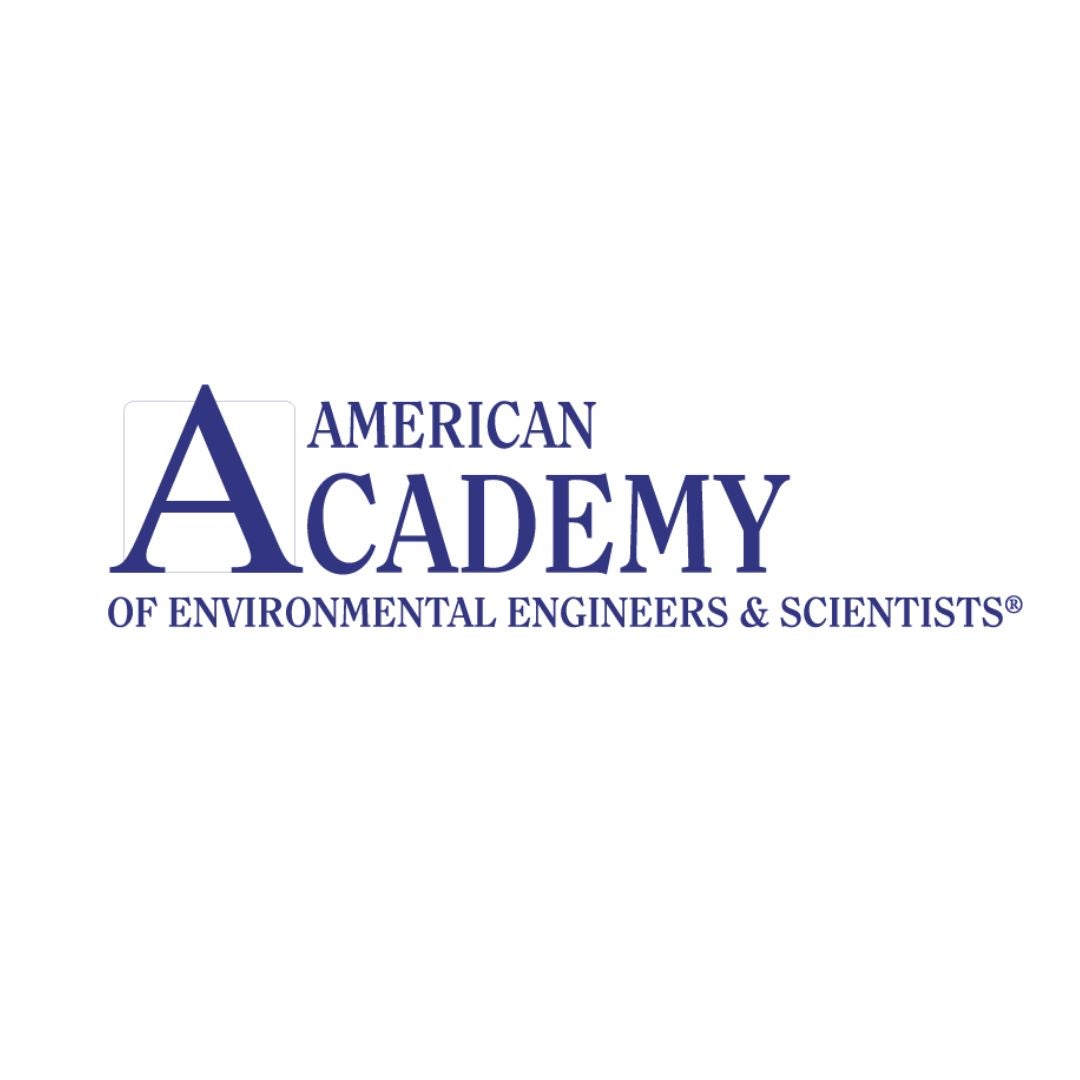Designed to educate the public about ubiquitous and harmful per- and polyfluoroalkyl substances (PFAS), the collaborative project between URI’s Digital Writing Environments Location and Localization Lab (DWELL) and the Sources, Transportation, Exposure, and Effects of PFAS (STEEP) team, PFAS Kitchen, has won the Environmental Communication Award Grand Prize presented by the American Academy of Environmental Engineers and Scientists (AAEES).

PFAS are chemicals found in scores of household products, including food packaging, and non-stick cookware, because they’re resistant to heat, grease, and water. But the very properties that make these chemicals so valuable to product designers also, unfortunately, cause them to persist in the environment, earning them the nickname “forever chemicals.”
And, because PFAS can harm human health, the fact that they’re everywhere is a real problem. The health risks of PFAS include cancer, obesity, thyroid problems, immune system deficiencies, liver damage, and fertility issues. Alarmingly, PFAS have been found in the blood of approximately 98% of Americans. With no current federal limits on PFAS, greater public understanding of how pervasive these chemicals are in daily life, and their impacts on health, is sorely needed.
This augmented reality experience can be loaded anywhere by anyone with a phone and a free app downloaded from the web. Equipped with this technology, users are immersed in a virtual kitchen filled with everyday household items, from a water bottle to a pizza box. Interacting with objects in the digital space, visitors to the virtual kitchen learn which items contain PFAS and why. Crucially, they also learn about safer alternatives for these common PFAS-containing products. Madison Jones, professor of writing and rhetoric/natural resources and leader of DWELL, completed the production, modeling, and design for PFAS Kitchen. Calder Puckett, an undergraduate student in professional and public writing, designed the posters and wrote the informational copy displayed in the virtual kitchen. STEEP experts identified everyday kitchen items that contain PFAS, providing background information and revisions.
